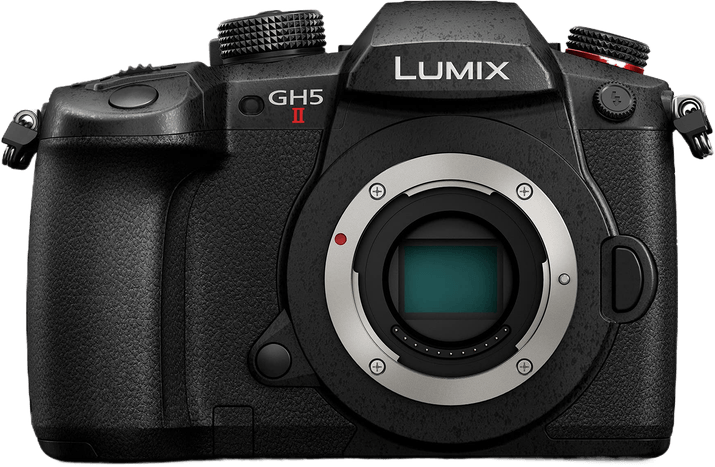Panasonic Lumix DC-GX9 Specs and Scores

The Panasonic Lumix DC-GX9 earns a score of 62/100 in our evaluation. Launched in 2018, this mirrorless camera features dimensions of 124 x 72 x 47mm and weighs 450g or 0.99lbs. With a launch price of $999, the DC-GX9 offers decent specifications for its time.
Despite being a few years old, the Lumix DC-GX9 still holds up well in today’s market. Its compact size and lightweight design make it a convenient choice for photographers on the go. The camera’s specifications remain competitive, providing users with a reliable option for capturing quality images.
Panasonic Lumix DC-GX9 Overview and Optics
The Panasonic Lumix DC-GX9 receives a score of 62/100 for its optics. This camera features 20 megapixels, a shooting speed of 9 frames per second, and a CMOS sensor. The Venus Engine processes images, and the DXOMARK score for the sensor is 71. The camera has a Micro Four Thirds sensor size, a Micro 4/3 lens mount, image stabilization, and a 4:3 aspect ratio.
In the current market, the Lumix DC-GX9’s optics are satisfactory but not groundbreaking. The 20-megapixel resolution is standard, and the 9 fps shooting speed is decent for capturing action. The Micro Four Thirds sensor size is smaller than APS-C sensors found in some competing cameras, which may affect image quality in low light situations. However, the image stabilization feature improves handheld shooting in challenging conditions.
The Panasonic Lumix DC-GX9 offers solid optics for casual photographers and enthusiasts. While it may not excel in every category, it provides a reliable performance and a range of features suitable for various photography styles.
Panasonic Lumix DC-GX9 Video Performance
The Panasonic Lumix DC-GX9 boasts a video score of 83/100, reflecting its impressive capabilities in this area. The camera offers 4K video resolution, delivering crisp and detailed footage with a maximum dimension of 3840 x 2160. Additionally, the DC-GX9 supports a high frame rate of 60fps, ensuring smooth and fluid motion in recordings.
In the competitive camera market, the DC-GX9’s video features hold their own, and the built-in time-lapse functionality is a notable bonus. This function allows users to easily create captivating time-lapse videos without the need for external software or devices.
With these specifications, the Panasonic Lumix DC-GX9 provides a strong video performance, making it a suitable choice for both amateur and professional videographers.
Panasonic Lumix DC-GX9 Features and Benefits
The Panasonic Lumix DC-GX9 earns a feature score of 70 out of 100, showcasing a competitive set of specifications in today’s market. With a 3-inch screen size and a resolution of 1,240,000 dots, the camera provides clear and detailed visuals. The touchscreen functionality adds convenience and ease of use, while the flip screen enhances shooting flexibility.
Despite lacking GPS capabilities, the camera compensates with the inclusion of Wi-Fi and Bluetooth connectivity. This allows for seamless sharing and transfer of images, as well as remote control capabilities. These features contribute to the camera’s strong performance and adaptability in various shooting situations.
The Panasonic Lumix DC-GX9’s features make it a reliable and versatile choice for photographers seeking a compact and user-friendly camera. With a solid feature score and up-to-date specifications, the DC-GX9 is a worthy contender in the current camera market.
Panasonic Lumix DC-GX9 Storage and Battery
The Panasonic Lumix DC-GX9 receives a storage and battery score of 29/100. This camera has a single memory card slot, accepting SD, SDHC, and SDXC cards, with UHS-I compatibility. The battery life is relatively short, lasting for 260 shots per charge. The camera uses a lithium-ion battery and offers USB charging.
In the current market, the GX9’s storage and battery capabilities are not at the forefront. Many modern cameras feature multiple memory card slots and longer battery life. However, the USB charging option is a convenient feature for on-the-go photographers. The GX9’s storage and battery specifications may not be its strongest selling points, but they are adequate for casual photography needs.
